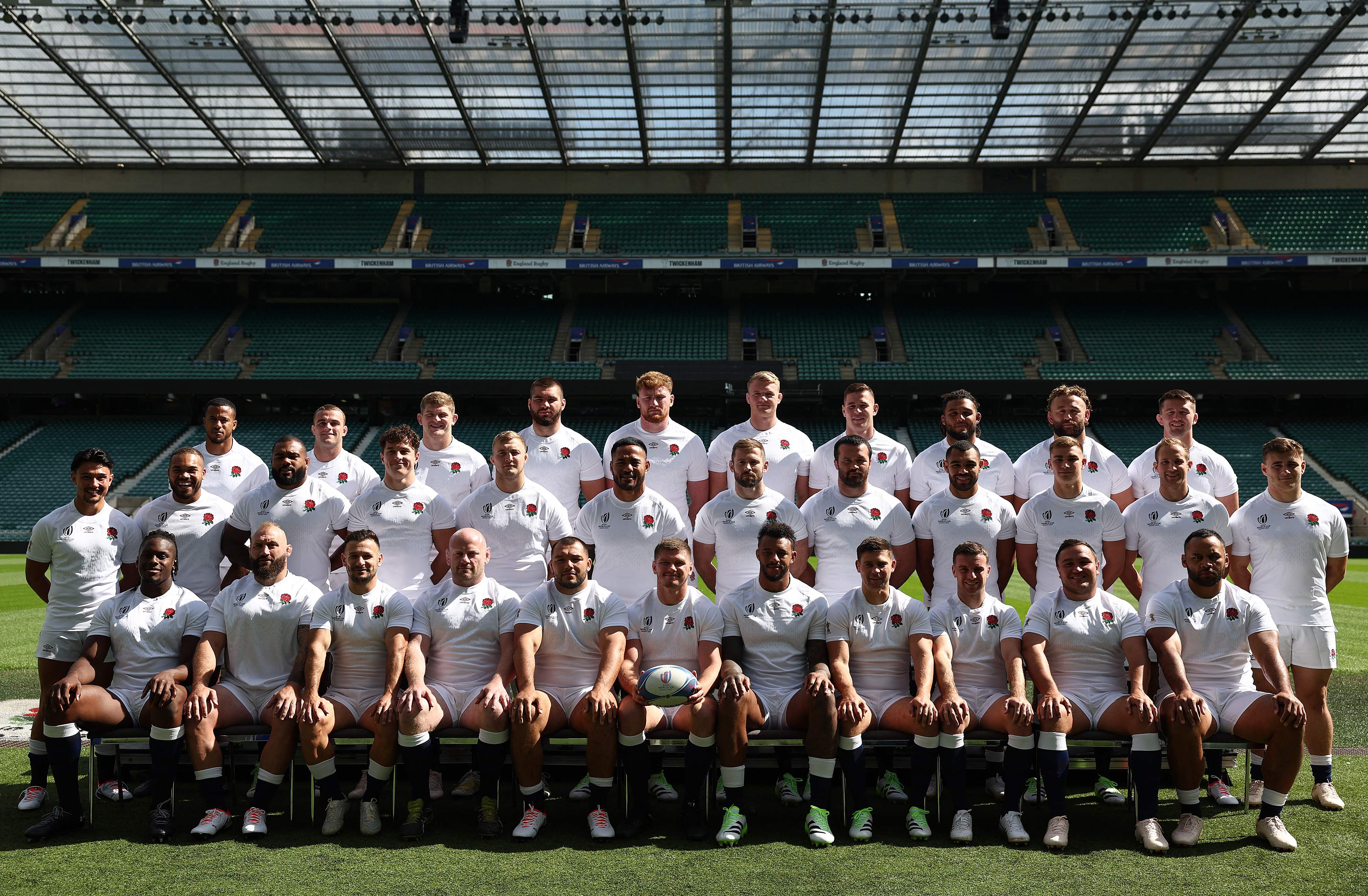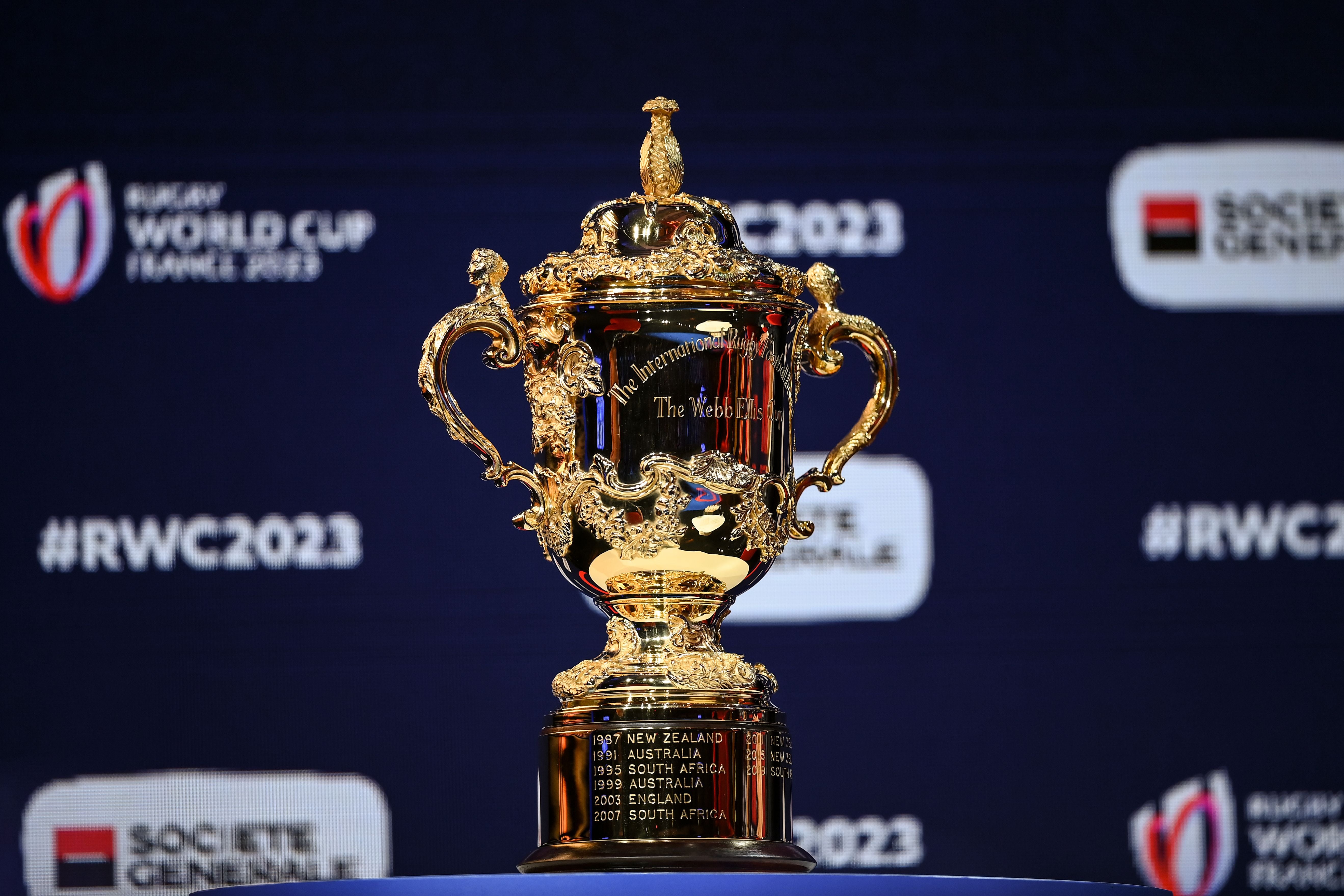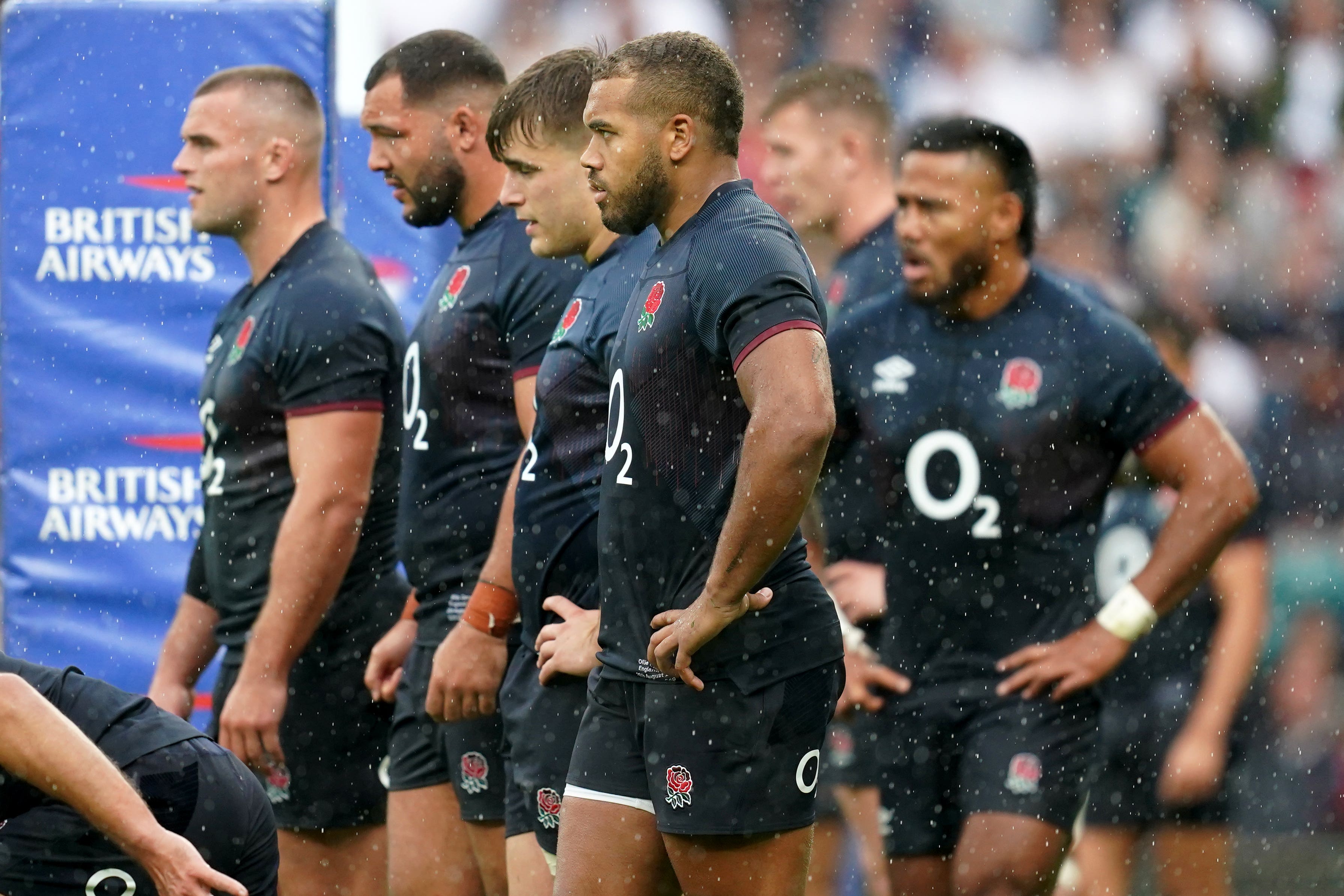What is the TMO Bunker and how will the foul play process work at the Rugby World Cup?
Sign up to our free sport newsletter for all the latest news on everything from cycling to boxing
Sign up to our free sport email for all the latest news
Thanks for signing up to the
Sport email
The 2023 Rugby World Cup will see a revamped foul play process in place, with the introduction of the “TMO bunker” system at the tournament for the first time.
The introduction follows a number of World Rugby trials during the course of the last year, including the Summer Nations Series and Rugby Championship.
The “bunker” system is designed to improve accuracy of decision making and avoid significant disruptions to the flow of games, and has already been utilised in a couple of high profile moments ahead of the World Cup.
England captain Owen Farrell’s sending off against Wales at Twickenham was awarded after the on-field referee, Nika Amashukeli, placed the incident on review.
So how does the “bunker” system work? Here’s everything you need to know:
Recommended
What is the “bunker”?
Put simply, the bunker is an area away from crowds and other interference, which will be occupied by dedicated foul play review officials. During the World Cup, it will be at the International Broadcast Centre in Paris.
When does the foul play review official do?
The foul play review official (FRPO) will be engaged to assess contentious foul play incidents that are not clear and obvious red card offences.
How does the process work?
The on-field referee remains the primary decision-maker during matches, but now have the authority to refer an incident to the “bunker”. If an incident is decided to have met the yellow card threshold by the referee and television match official (TMO), and is deemed severe enough that a red card might be required, the referee will show the player a yellow card and cross their forearms in an ‘X’ shape to indicate a review.
The FRPO then has up to eight minutes to assess the incident, utlising advanced HawkEye camera technology, and decide whether to stick with a yellow card or upgrade the sanction to a red. If the yellow remains, the player will return to the pitch after ten minutes, as per the familiar sin bin regulations, while an upgrade to red will end their participation in the match.
Why has it been introduced?
The revamped foul play review process is designed to avoid a long delay while the referee and TMO consult after an incident. The FRPO can review any potential red card offence while a match continues, with World Rugby hoping this will help improve the flow of the game.
Similarly, the extra time granted to the FRPO should allow them the access and time required to assess all camera angles, without the pressure of a crowd’s presence – in theory, this should lead to greater accuracy.
The outcomes of the Foul Play Review Official’s assessments will be presented to the stadium audience and television viewers via in-stadium and broadcast graphics.
Are there are any other new law variations?
Recommended
Yes. This year’s Rugby World Cup has adopted the 2023 Law Application guidelines, which includes the shot clock. This means a countdown display of the time allowed to take a kick at goal will be displayed on screens both inside stadiums and on television.
Time limits on kicks from the tee have long been in place, with players permitted 90 seconds to take a conversion after a try is scored and 60 seconds to strike a penalty from the time that they have indicated an intention to kick for goal.
Source: Read Full Article










